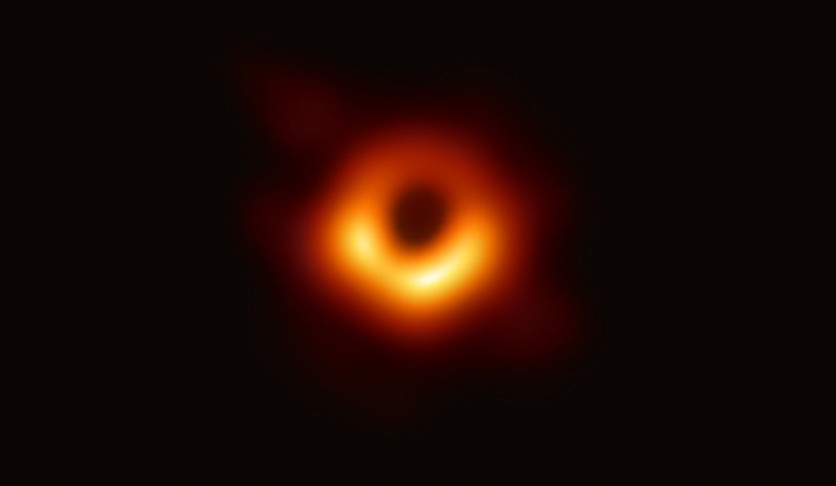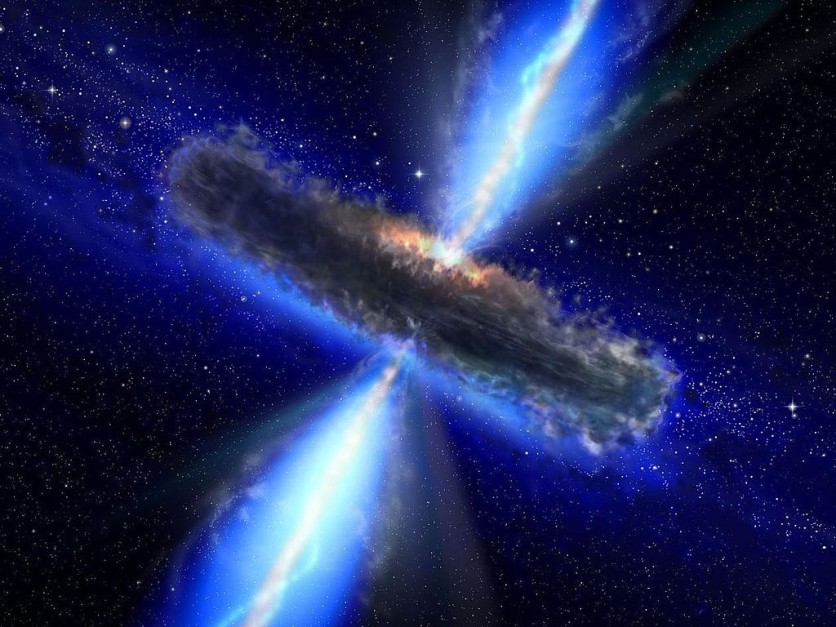Black holes might have infinite shapes. In a new study, mathematicians explained when black holes could have other shapes than the doughnut form.

For the past years, scientists concluded that black holes always have spherical shapes.
This is already proven since stars, planets, and other heavenly bodies then to have round forms or other similar shapes.
However, a new study explained that this doesn't apply to higher dimensions. The new study "Black Lenses in Kaluza-Klein Matter" explained how it happens.
Black Holes Might Have Infinite Shapes!
According to The Wired's latest report, the new study's findings are still theoretical.
This means that it can't prove that black holes with different shapes exist in nature.

However, Marcus Khuri, a study's co-author, explained that black holes could have other shapes than the traditional form if the universe is really higher-dimensional.
"So it's now a matter of waiting to see if our experiments can detect any," explained Khuri.
Involved mathematicians said that there's a possibility that black holes could have infinite shapes if they are dimensions five and above.
The latest study showed that the general relativity equations of Albert Einstein can produce exotic-looking higher-dimensional black holes.
Other Black Hole Discoveries
Recently, space experts discovered an ultra-massive black hole that has a mass comparable to 30 billion suns.
They were able to detect the presence of this enormous black hole by solving the mystery behind the creation of an arc light.
You can click this link to learn more about this massive black hole.
In other news, a new dark matter hunting technique was created by scientists using neutrino detectors. We also reported that the NASA Hubble Space Telescope peered through the glowing remains of a star similar to the sun.
For more news updates about space and other science topics, always keep your tabs open here at TechTimes.
Related Article : Astronomers Locate One of the Biggest Black Holes Ever-30 Billion Times Larger Than the Sun!

ⓒ 2025 TECHTIMES.com All rights reserved. Do not reproduce without permission.




